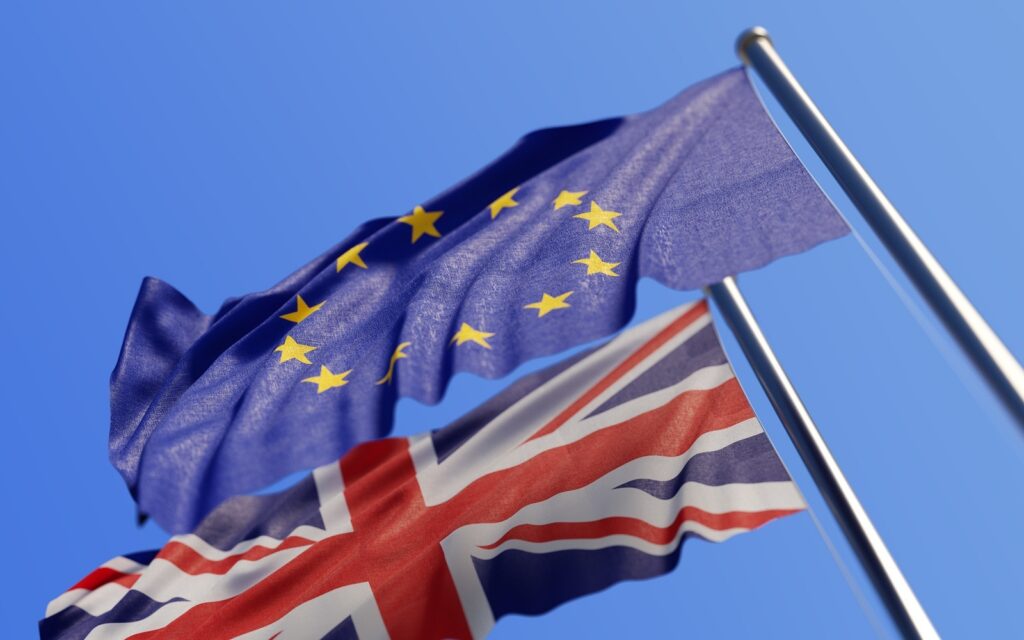Energy UK chief executive Lawrence Slade has urged government officials to deliver more certainty and clarity over the future regulatory landscape in the wake of Brexit, claiming that the opacity around future frameworks is already impacting the sector.
In a blog published yesterday (5 July), Slade writes that little new information has emerged from the most recent European Council meeting last month, stressing that clarity is “desperately needed”.
The uncertainty surrounds three integral pieces of legislation impacting the European and UK energy sectors moving forward; the EU Emissions Trading System, the Internal Energy Market and the Clean Energy Package.
Slade’s concerns certain on;
- -Uncertainty over the UK’s continuing participation in the EU Emissions Trading System is already having a “direct impact” on day-to-day business activities of energy companies and stands to have a potentially significant impact on energy bills moving forward. With the country yet to decide which pricing mechanism it will participate in, exposure to carbon costs is undefined and with most suppliers buying energy months and years in advance to find the best deals, Slade says the lack of clarity could create cost pressures in the future.
- -The UK should participate “fully” in the Internal Energy Market to ensure energy trading remains as efficient and low cost as it is today, particularly given the increasing reliance on interconnectors.
- -The Clean Energy Package, which offers a “clear indication of the direction of travel to 2030”, stands to provide the “right long term vision and framework” to decarbonise the UK power sector and should be followed closely, regardless of the UK’s future contributions to it.
But perhaps most pertinently is Slade’s view that diverging away from the European energy market’s status quo would offer “no obvious benefit” to consumers.
“The best way to get where we want to be is to stay in a framework that has delivered and that we have helped shape and continue to influence. While some aspects of this market can be more challenging than others, Energy UK believes that the benefits of remaining part of the IEM strongly outweigh the disadvantages which risks jeopardising all the work that has been done and that lies ahead,” Slade writes.
Despite being identified as a priority sector, energy appears to have slid down the government’s list as other facets of Brexit take centre stage.
In April some of Europe’s largest energy companies addressed the UK’s Brexit secretary David Davis and the EU’s chief negotiator Michel Barnier, imploring them to place the continued energy alignment between the two parties high the agenda.






